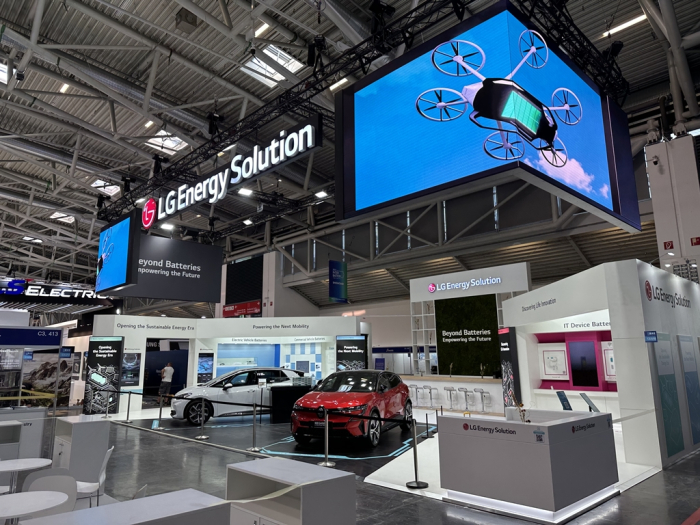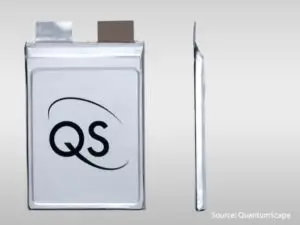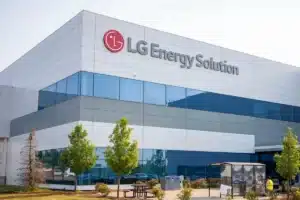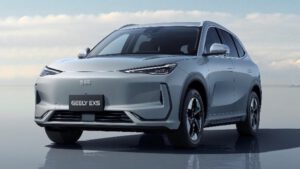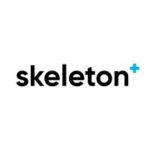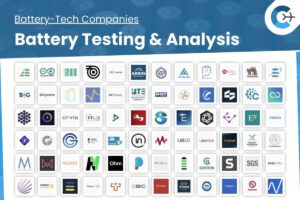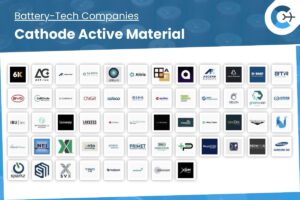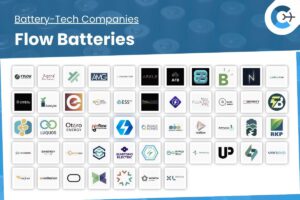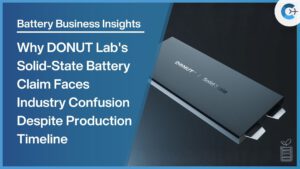LG Energy Solution Ltd. has secured a battery supply agreement with Mercedes-Benz valued at an estimated 15 trillion won (approximately $10.8 billion). Under the two contracts, the South Korean producer will deliver a total of 107 gigawatt-hours (GWh) of cylindrical “46 series” cells to the German automaker.
The first contract covers 32 GWh of battery deliveries to Mercedes-Benz operations in Europe, commencing on August 1, 2028, and running through December 31, 2035. The second provides 75 GWh of cells to the brand’s U.S. affiliates, with deliveries starting on July 30, 2029, and concluding at the end of 2037. Based on a 70 kilowatt-hour pack size, these volumes are sufficient to equip roughly 1.5 million electric vehicles.
LG Energy Solution noted in its regulatory filing that final contract volumes and value may be adjusted through ongoing customer discussions, though it did not provide further details. Industry observers estimate the deal reflects prevailing market prices for next-generation 46 series cells, making it LG’s single largest order for this format to date.
Production is expected to take place at LG’s cylindrical cell manufacturing campus in Arizona, which is scheduled to begin mass production next year. The award builds on a previous 50.5 GWh agreement reached in October, bringing LG’s total secured volume for the 46 series with Mercedes-Benz to more than 150 GWh.
Analysts point out that LG’s success in this procurement round underscores its technological competitiveness against major Chinese rivals that participated in the tender. The deal also highlights Mercedes-Benz’s strategy to diversify battery supply chains across both Europe and North America, ensuring capacity to meet growing demand for premium electric vehicles.
“Beating Chinese competitors to win such a large-scale order shows LG’s clear advantage in the 46 series and confirms the competitiveness of Korean battery technology,” said an industry executive.
LG Energy Solution is simultaneously developing battery plants in Europe and the U.S. to support clients such as Mercedes-Benz, Tesla and General Motors, reinforcing efforts to localize production and reduce reliance on China-based suppliers.
Source: KED Global

